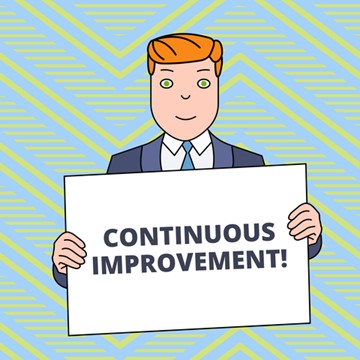Masters As Teachers

Many organizations start with a great idea that will change the world and, through time and effort, they will evolve to be the best in their field. Though you might not think of it these terms, but what they’re doing, what they’re actually reaching for, is “mastery”.
You know this, because you have steered your non-profit through adversity and success, put in the hours of work, training, research, and sweat to make a difference. I don’t have to tell you that becoming the ‘master of business’ requires hard work. Malcom Gladwell would tell you that it takes 10,000 hours of “deliberate practice” to master a skill.
Imagine watching the best Formula One driver, or the most incredible ballerina. They make their chosen trade look so easy and accessible. It is only when you attempt to duplicate the complex beauty of the Dance of Sugar Plum Fairy (reported to be one of the most difficult roles to dance) or harness 1000 horsepower around a turn pulling 3 G’s in a Formula-1 car, you realize that just because something looks easy doesn’t mean it is.
And that may be true for something like ballet or the violin where the skill is quantifiable. Becoming a master of your non-profit or association is much more than “time in” on any endeavour.
As I look around there are any number of organizations providing services to their members, value to their donors, exposure to their sponsors in any number of ways. What separates the successful from those who have become a master at their industry is a gritty combination of discipline, hard work, humility and generosity. Most of us would agree with the first three, but generosity?
There’s an old adage, “if you want to learn something well, teach it to someone else”. In order to teach well, it requires that you face your presuppositions about things, unearth those ideas that you didn’t even realize you believe. Being the master of any subject (even one that you invented) requires you to be able to objectively look at whatever you’re doing and seeing ways it can be improved. To teach someone else what you know requires a certain generosity. After so many years of ‘doing you’, that can be difficult, but that generosity has the reward of unearthing flaws in your system in order to improve them, and you cannot master what you think is perfect.
Now expanding on the generosity of teaching and of talent development, you gain the opportunity to:
- Invest: You are investing time leading to growth as an organization and investing in another person. How great is that?! Can you imagine if Bill Gates just did it all himself without bringing in a team? Bringing in others to be a part of your team grows your organization and its mandate.
2. Discover Improvements: By letting others in on your system of doing things and teaching them how to do what you do they may discover and share new ideas and improvements you had not initially thought of. (another ‘set of eyes’ is always a good thing)
3. Trust and Grow: By trusting your team to deliver, instead of always just yourself, you free up time to do more and expand.
So while you’re changing the world, be generous, develop your talent base and grow!

Recent Comments